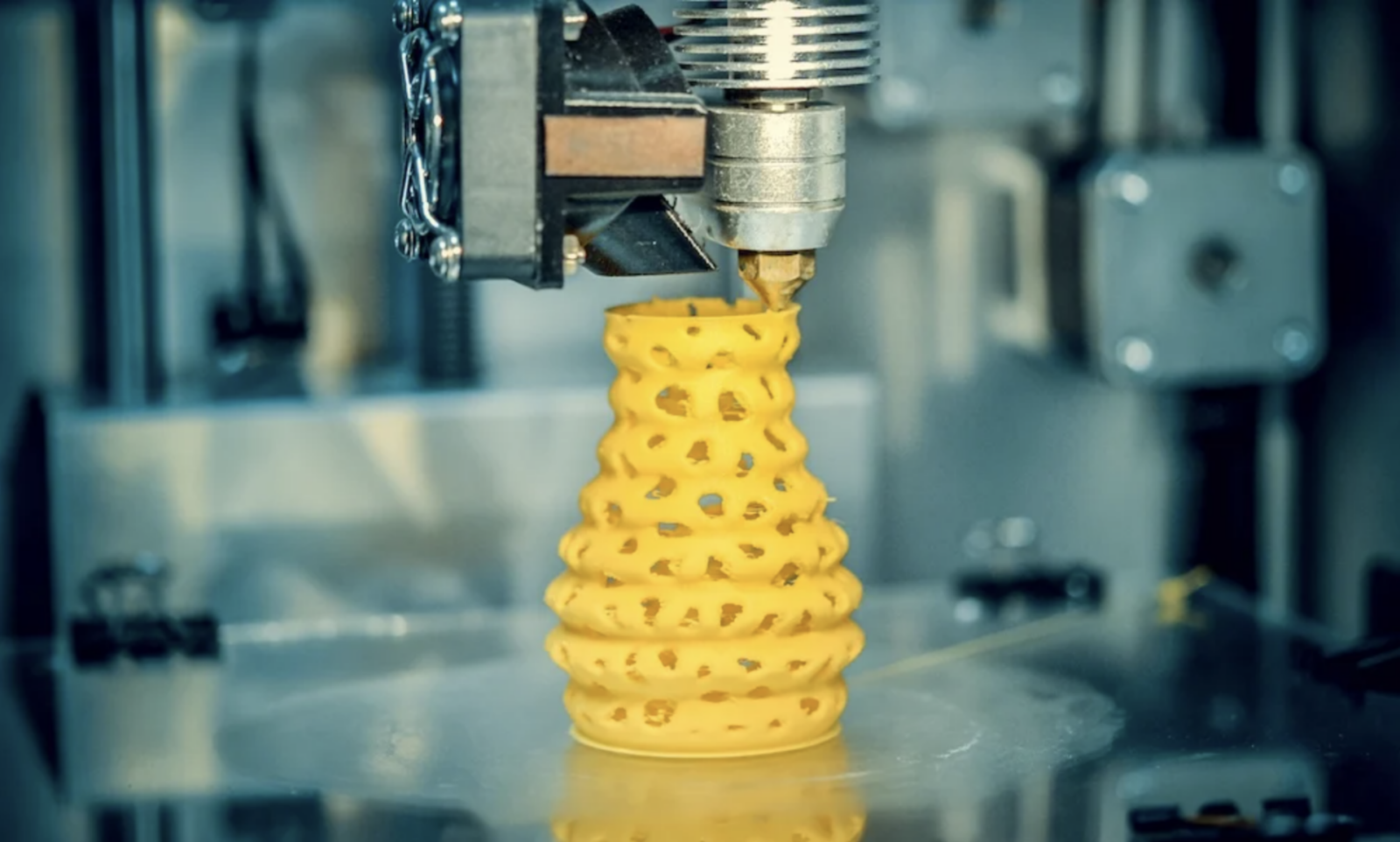In today’s fast-moving manufacturing landscape, small businesses are constantly looking for cost-effective and flexible production solutions. One technology that’s gaining traction across industries is resin-based 3D printing.
Whether you run a dental lab, design studio, or product prototyping shop, investing in a high-quality printer 3D resin or a versatile D resin printer can offer better control, speed, and precision than outsourcing. But is it the right choice for your business in 2025?
Let’s explore the benefits, costs, and practical considerations of using resin 3D printers in-house, and how HeyGears’ lineup makes the decision easier.
The ROI of In-House Resin Printing
For many small businesses, the decision to bring production in-house comes down to two things: cost efficiency and agility. Resin 3D printers deliver both.
By eliminating third-party fabrication services, businesses can drastically reduce turnaround times and retain tighter control over quality. With fast print cycles and high-resolution results, resin printing enables on-demand production, reducing the need for large inventories or long lead times.
Initial investment in a reliable resin printer might seem high, but over time, savings on outsourcing, transportation, and revisions more than make up for it—especially when you’re running small batch jobs or iterative prototypes.
LOCAL NEWS: 100 best places to work and live in Arizona for 2025
Common Business Use Cases for Resin 3D Printing
Dental Labs
Dental professionals require sub-millimeter precision and biocompatible materials. Resin printers like the UltraCraft Reflex from HeyGears are built specifically for dental workflows. They deliver accuracy, high print speed, and repeatability—ideal for crowns, bridges, surgical guides, and orthodontic models.
Design Studios
Whether you’re crafting wearable accessories or functional art, design studios benefit from resin’s ability to render smooth surfaces and intricate geometries.
The UltraCraft Edge offers design professionals a perfect balance of detail resolution and usability, supporting rapid design iterations with high visual quality.
Product Development Teams
Startups and engineers working on early-stage products can use resin printers for functional prototyping.
Instead of waiting days or weeks for third-party service bureaus, in-house printers allow for quick revisions, leading to faster time-to-market. Engineers can test tolerances, assembly, and aesthetics—all with production-grade detail.
Case Study: Small Lab, Big Results
A small dental clinic in Southeast Asia adopted the UltraCraft Reflex in early 2024. Before that, the lab outsourced its aligner models, resulting in 4–7 day delivery delays and rising costs.
After integrating HeyGears’ in-house printing system, the team reduced production time by 80%, cut outsourcing costs by 60%, and improved overall patient turnaround. Additionally, the consistency and detail accuracy enabled better-fitting dental appliances, boosting patient satisfaction and clinic reputation.
Material and Maintenance Costs vs Outsourcing
While outsourcing may look easier at first glance, the hidden costs add up—delivery charges, minimum order requirements, and lack of revision flexibility can slow down business. In contrast, once a resin printer is installed, the only recurring costs are resin and minor maintenance.
HeyGears’ resin lineup is optimized for both performance and affordability. Their high-quality resins support a wide range of applications, from tough functional parts to highly detailed aesthetic components. With proper handling and regular cleaning, even heavy-use printers can run smoothly with minimal intervention.
Scaling Production with HeyGears
If your business needs evolve from low-volume prototyping to higher-volume production, HeyGears has scalable solutions. Their modular systems and software integrations make it easy to transition from one-off jobs to small-batch manufacturing without buying entirely new infrastructure.
The UltraCraft Artisan, for example, allows jewelry studios to increase output without compromising casting accuracy. For growing tech firms, the Edge and Reflex models support automation-friendly features, such as real-time monitoring and multi-printer network setups.
Conclusion
Resin 3D printing isn’t just for hobbyists anymore—it’s a game-changer for small businesses in manufacturing, healthcare, and design. Investing in a 3D resin printer from a trusted brand like HeyGears gives you precision, flexibility, and long-term savings. When matched with the right printer 3D resin and a clear production workflow, these tools offer a strong return on investment while enabling rapid innovation.
If your business relies on fast prototyping, custom parts, or small-batch production, now might be the time to bring resin 3D printing in-house—and make it part of your competitive edge.




